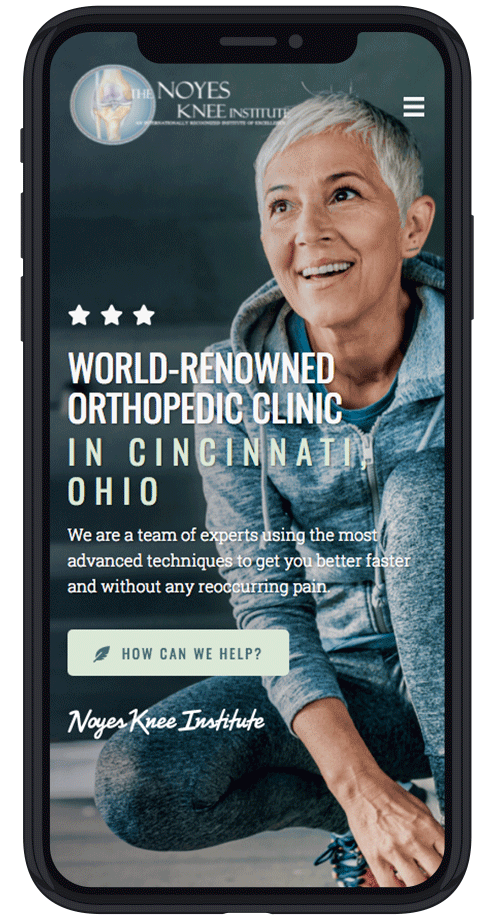Published On
Category
Knee pain can heal through rest, physical therapy, and low-stress exercise. However, chronic pain may require advanced treatment such as ingestion of anti-inflammatory drugs or surgery. An orthopedic knee surgeon will assess your condition and recommend surgery if necessary.
Can an Orthopedic Knee Surgeon Treat Chronic Pain Through Surgery?
Chronic pain in the knee may stem from injury, direct knocks, and degenerative diseases like arthritis. A knee surgeon will consider surgery if your chronic pain meets the three conditions below:
• You can’t bend your knee (loss of range of motion)
• You can’t squat or bear your weight
• You hear a pop or other sound when you twist
A cut by the knife might not be necessary if you experience only one or two of the conditions. Each case is unique and requires a comprehensive diagnosis before choosing treatment. Below are four ways knee surgery can reduce chronic pain.
1. Repairing Knee Injury
The knee is where your thighbone, shinbone, and patella (kneecap) join. Cartilages, menisci, ligaments, and tendons are also part of the joint. Any knee area can get hurt by trauma, direct blow, overuse, or disease, resulting in persistent pain.
Knee surgeries, such as ACL (anterior cruciate ligament) and PCL (posterior cruciate ligament), will repair tears and other damages. A successful surgery effectively treats the underlying condition, so the pain should subside as you heal.
2. Replacing Bad Knee
Infections, auto-inflammatory disease, degenerative tissue disorder, gout, benign and malignant tumors, baker’s cyst, chondromalacia patella can result in a bad knee. You’ll also develop chronic pain and may not respond to other treatments.
An orthopedic surgeon may suggest surgery to replace part of or the entire knee joint. Knee replacement surgery gives you a new functional knee joint sans the pain and can help manage chronic conditions like rheumatoid arthritis.
3. Cleaning Knee Joint
A tear in the medial meniscus may never heal at all because of the low blood supply it receives compared to the lateral meniscus. If diagnosis shows injury to the medial meniscus, the only solution is to remove damaged parts and patch the remaining area.
Knee surgeons can use arthroscopy to clean out the debris from your knee joint and relieve pain from the affected area.
4. Restoring Knee Function
The knee joint should always function optimally, or you’ll experience pain and discomfort. Sprains, twists, overuse, poor posture, and disease can change the normal functioning of your knee joint.
Some conditions can resolve without intervention, while others rely on surgery.
To restore normal function, you should visit a knee surgeon as soon as possible to avoid placing more stress on the joint. After surgery, your knee joint will have normal alignment, movements, and function, alleviating the chronic pain.
Trusted Knee Surgery and Treatment
Orthopedic surgeons offer ACL and PCL reconstruction, knee replacement, knee arthritis surgery, ligament revision, and other treatments. The initial diagnosis from a knee doctor will determine if surgery is the best option for the condition.
Patients with chronic pain can get relief through surgery from an experienced knee surgeon like Dr. Noyes, M.D. of the Noyes Knee Institute. He is a board-certified and internationally recognized orthopedic surgeon with expertise in knee surgery and sports medicine.

